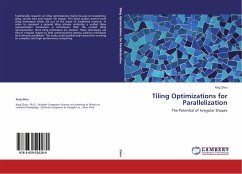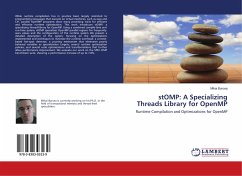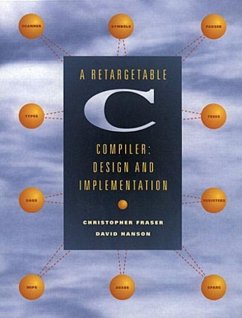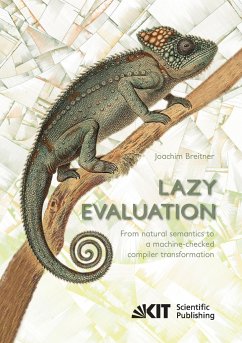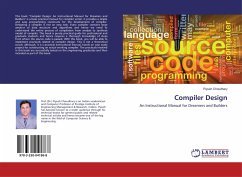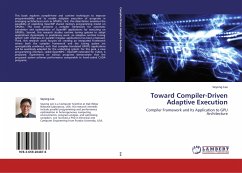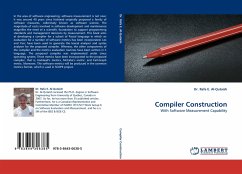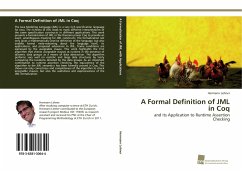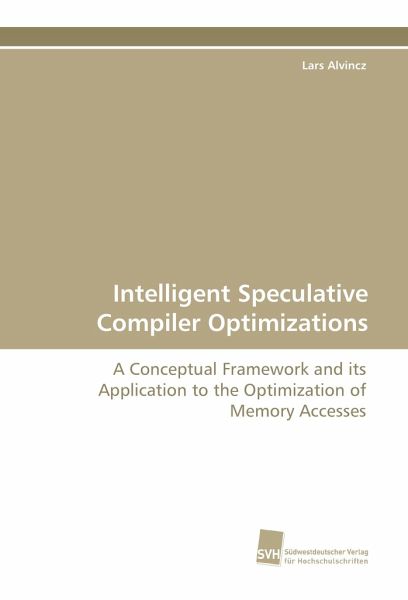
Intelligent Speculative Compiler Optimizations
A Conceptual Framework and its Application to the Optimization of Memory Accesses
Versandkostenfrei!
Versandfertig in 6-10 Tagen
89,90 €
inkl. MwSt.

PAYBACK Punkte
0 °P sammeln!
Modern compilers try to optimize programs with respect to a given objective, for example, program performance or memory consumption. The optimizations typically rely on information that is only available at run-time and therefore has to be over-approximated by the compiler. This may severely limit the optimization opportunities and, thus, the run-time performance. In this dissertation, we present our framework for intelligent speculative compiler optimizations. The framework uses machine learning to provide compilers with knowledge about the run-time behavior of programs to bridge the gap betw...
Modern compilers try to optimize programs with respect to a given objective, for example, program performance or memory consumption. The optimizations typically rely on information that is only available at run-time and therefore has to be over-approximated by the compiler. This may severely limit the optimization opportunities and, thus, the run-time performance. In this dissertation, we present our framework for intelligent speculative compiler optimizations. The framework uses machine learning to provide compilers with knowledge about the run-time behavior of programs to bridge the gap between static program analyses and dynamic program behavior. This solves the problem of over-approximation and increases the optimization potential. The framework is applicable to a wide range of program behavior and program optimizations. We describe its application to the optimization of memory accesses, which is highly relevant due to the memory gap. We present experimental results for the Intel(tm) Itanium2(tm) processor. The results show that the regarded program behavior, load latencies and memory dependence probabilities, were successfully learned and that program performance was improved.



